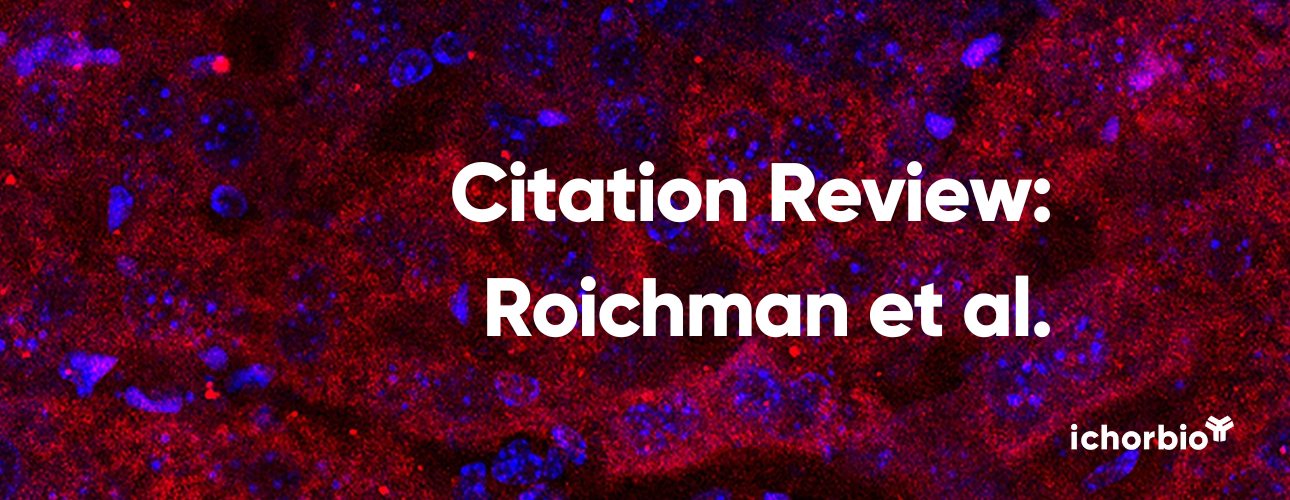Does Dietary Fiber Really Boost Immunotherapy? A Closer Look at Inconsistent Outcomes in Murine Tumor Models

Does Dietary Fiber Really Boost Immunotherapy? A Closer Look at Inconsistent Outcomes in Murine Tumor Models
Introduction
Dietary fiber has long been heralded as a health-promoting nutrient, with recent studies suggesting it may enhance the efficacy of immune checkpoint blockade (ICB) therapies by modulating the gut microbiome. However, separating correlation from causation in this context is challenging. A seminal 2021 study by Spencer et al. reported improved ICB outcomes in mice and humans on high-fiber diets, sparking interest in dietary interventions for cancer patients undergoing immunotherapy. The latest study by Roichman et al., published in Cancer Research (2025), puts this hypothesis to the test across multiple murine models with refined dietary controls.
Key Findings from the Paper
Using five tumor models—MC-38 (colon carcinoma), B16-OVA and YUMM1.1-9 (melanomas), MMTV-PyMT (breast cancer), and Pold1D400A/D400A (mutator-driven spontaneous tumors)—the authors systematically evaluated ICB response under grain-based chow, low-fiber purified, and high-fiber purified diets (cellulose and inulin). The key findings include:
-
Grain-based chow often enhanced ICB efficacy, but this effect was not consistently replicated by high-fiber purified diets.
-
Cellulose improved ICB efficacy in the YUMM1.1-9 model but reduced efficacy in the Pold1 model—highlighting cancer-type specificity.
-
No significant effect of dietary fiber was observed in the B16-OVA melanoma model.
-
Gut microbiome and metabolome changes were more influenced by the overall diet type (chow vs. purified) than by fiber content alone.
These results contradict the hypothesis that fiber alone drives enhanced immunotherapy outcomes and suggest that other factors in chow diets (e.g., phytochemicals) may be responsible.
Role of ichorbio’s Antibodies
Several immune checkpoint reagents, including ichorbio’s anti-PD-1 antibody, were used in this comprehensive study:
-
Anti-PD-1 (clone RMP1-14) — Product code: ICH1132, ichorbio, RRID:AB_11203476
-
Used in the MC-38 (at CRL) and YUMM1.1-9 melanoma models.
-
-
Isotype Control (Rat IgG2a) — Product code: ICH2244, ichorbio, RRID:AB_2921379
-
Used in the YUMM1.1-9 model.
-
Other PD-1 antibodies used in the study included Bio X Cell’s clones 29F.1A12 and RMP1-14 (under different catalog numbers), but ichorbio’s reagents were central to experiments conducted at Charles River and in the melanoma models.
Implications and Future Directions
The study reveals that dietary fiber’s effect on ICB efficacy is not universally beneficial, challenging simplistic interpretations of earlier findings. This has significant implications for dietary guidance in immunotherapy patients:
-
Clinical recommendations should not promote fiber indiscriminately but rather focus on whole-diet quality.
-
Diet-microbiome-tumor interactions are context-dependent, influenced by cancer type, genetic background, and microbiota composition.
Importantly, ichorbio’s in vivo-grade anti-PD-1 antibodies were validated in multiple models, underscoring their utility in preclinical immuno-oncology studies where dietary and microbial variables are under investigation.
Suggested Future Experiments
To refine our understanding of diet-immunotherapy interplay, the following studies are recommended:
-
Broader fiber diversity: Investigate other soluble fibers (e.g., pectins, arabinoxylans) beyond inulin.
-
Germ-free or gnotobiotic models: Assess fiber effects in controlled microbiome contexts.
-
Humanized mouse models: Explore how human microbiota modulates fiber-ICB interaction.
-
Tumor-specific mechanistic studies: Identify why certain tumors (e.g., YUMM1.1-9) respond favorably to cellulose while others do not.
-
Metabolomic-microbiome integration: Correlate specific microbial metabolites with immune signatures.
Conclusion
This study delivers a cautionary yet scientifically rigorous message: not all fibers are created equal, and their effects on ICB efficacy are far from uniform. While dietary interventions remain a promising adjunct to immunotherapy, the underlying biology is nuanced. For researchers using ichorbio antibodies, this work reinforces their relevance in modeling complex interactions between diet, immunity, and cancer biology—encouraging continued exploration with robust, well-characterized reagents.
Reference
Roichman et al. Dietary Fiber Lacks a Consistent Effect on Immune Checkpoint Blockade Efficacy Across Diverse Murine Tumor Models. Cancer Res 2025; https://doi.org/10.1158/0008-5472.CAN-24-4378


